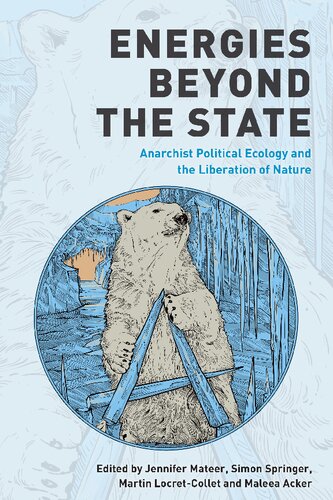

Most ebook files are in PDF format, so you can easily read them using various software such as Foxit Reader or directly on the Google Chrome browser.
Some ebook files are released by publishers in other formats such as .awz, .mobi, .epub, .fb2, etc. You may need to install specific software to read these formats on mobile/PC, such as Calibre.
Please read the tutorial at this link: https://ebookbell.com/faq
We offer FREE conversion to the popular formats you request; however, this may take some time. Therefore, right after payment, please email us, and we will try to provide the service as quickly as possible.
For some exceptional file formats or broken links (if any), please refrain from opening any disputes. Instead, email us first, and we will try to assist within a maximum of 6 hours.
EbookBell Team

4.0
46 reviewsResource and environmental management generally entail an attempt by governing authorities to dominate, reroute, and tame the natural flows of water, the growth of forests, manage the populations of non-human bodies, and control nature more generally. Often this is done under the mantle of conservation, economic development, and sustainable management, but still involves a quest to “civilize” and control all aspects of nature for a specific purpose.
The results of this form of environmental management and governance are many, but by and large, across the globe, it has meant governments construct a specific idea regarding nature and the environment. These forms of control also extend beyond the natural environment, allowing for particular methods of managing human and non-human populations in order to maintain power and enact sovereignty.
This volume contributes to advancing an ‘ecology of freedom,’ which can critique current anthropocentric environmental destruction, as well as focusing on environmental justice and decentralized ecological governance. While concentrating on these areas of anarchist political ecology, three major themes emerged from the chapters: the legacies of colonialism that continue to echo in current resource management and governance practices, the necessity of overcoming human/nature dualisms for environmental justice and sustainability, and finally discussions and critiques of extractivism as a governing and economic mentality.